In today’s interconnected world, parents are increasingly seeking educational experiences that prepare their children for a globalised future. International schools have emerged as a popular choice, offering a unique blend of academic rigour, cultural diversity, and a focus on developing responsible global citizens. But what exactly is an international school, and is it the right fit for your child? This article aims to provide a comprehensive overview, exploring the benefits, curricula, and considerations associated with international education, with a focus on Renaissance International School Saigon.
What is an International School?
An international school is an educational institution that offers a curriculum different from the national curriculum of the host country. These schools typically cater to a diverse student body, including expatriate children and local students seeking an international education. This diversity creates a unique learning environment, where students are exposed to different perspectives, cultures, and languages, fostering a sense of global awareness and understanding from a young age.
How is it Different from Local or National Schools?
International schools differ from local or national schools in several key aspects:
- Curriculum: They often follow internationally recognised curricula, such as, in the case of Renaissance International School, the International Baccalaureate (IB) and Cambridge International Assessments IGCSEs.
- Language of Instruction: English is usually the primary language of instruction, though many schools also offer language programs in other languages.
- Cultural Diversity: International schools foster a multicultural environment, promoting understanding and respect for different cultures.
- Global Perspectives: The curriculum emphasises a more rounded, global perspective, preparing students to be responsible and engaged at both a local and wider global level.
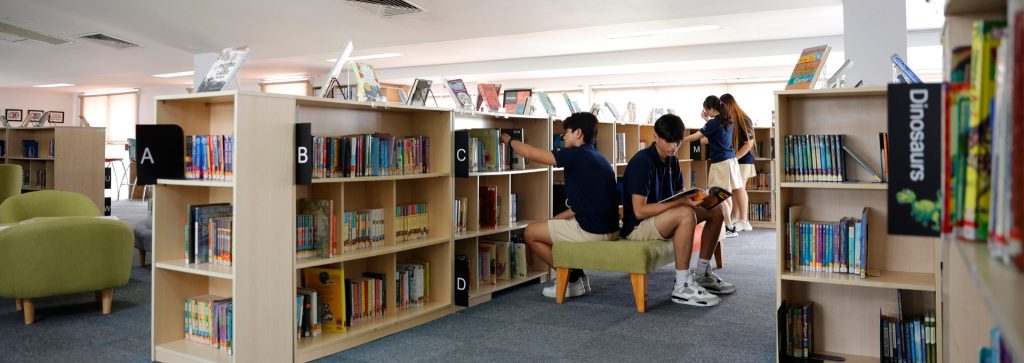
Introducing about International School
Is the Term “International” Regulated?
The term “international school” is not strictly regulated. This means that the quality and standards can vary significantly between schools. It is crucial for parents to conduct thorough research and consider factors such as accreditation, curriculum, teacher qualifications, and school facilities. Accreditation from reputable organisations such as the Council of International Schools (CIS), the Western Association of Schools and Colleges (WASC) or the Federation of British International Schools in Asia (FOBISIA) can provide assurance of a school’s commitment to high academic and pastoral standards.
Which Curriculum Do International Schools Use?
International schools offer a variety of curricula, including:
- International Baccalaureate (IB) Programme: Known for its rigorous academic standards and focus on developing well-rounded students.
- Cambridge IGCSE (International General Certificate of Secondary Education): A globally-recognised qualification for students aged 14 to 16.
- American Curriculum: Based on the United States education system, often leading to a high school diploma.
- British Curriculum: Follows the UK education system, including A-Levels.
- Other National Curricula: Some schools may offer curricula from other countries, such as Australia, Canada, or France.
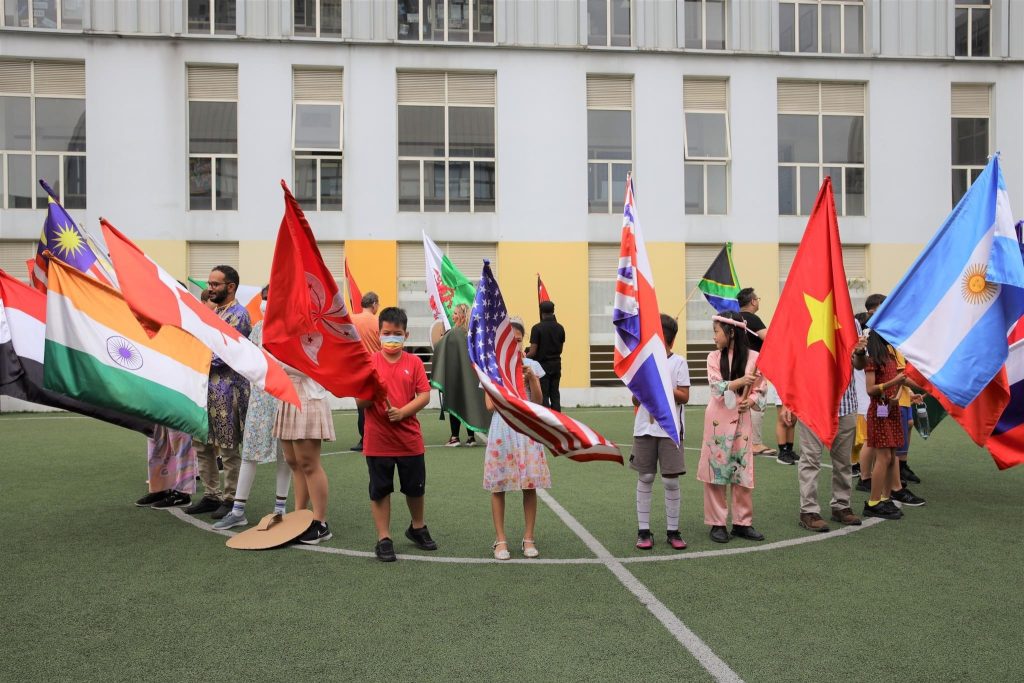
Curriculum of International School
What are the Benefits of International Schools for Young Children?
International schools offer numerous benefits for young children, including:
- Language Acquisition: Early exposure to English and other world languages enhances language proficiency.
- Cultural Awareness: Children develop an understanding and appreciation for different cultures.
- Social Skills: Interacting with diverse peers improves social and communication skills.
- Global Perspectives: Children develop a global mindset, preparing them for a more diverse and interconnected world.
Do International Schools Support Global Citizenship?
Yes, international schools actively promote global citizenship. They encourage students to develop a sense of responsibility towards the global community, fostering intercultural understanding, and promoting active participation in addressing global issues. This is achieved through various initiatives such as Model United Nations programmes, international exchanges, and community service projects that address global challenges.
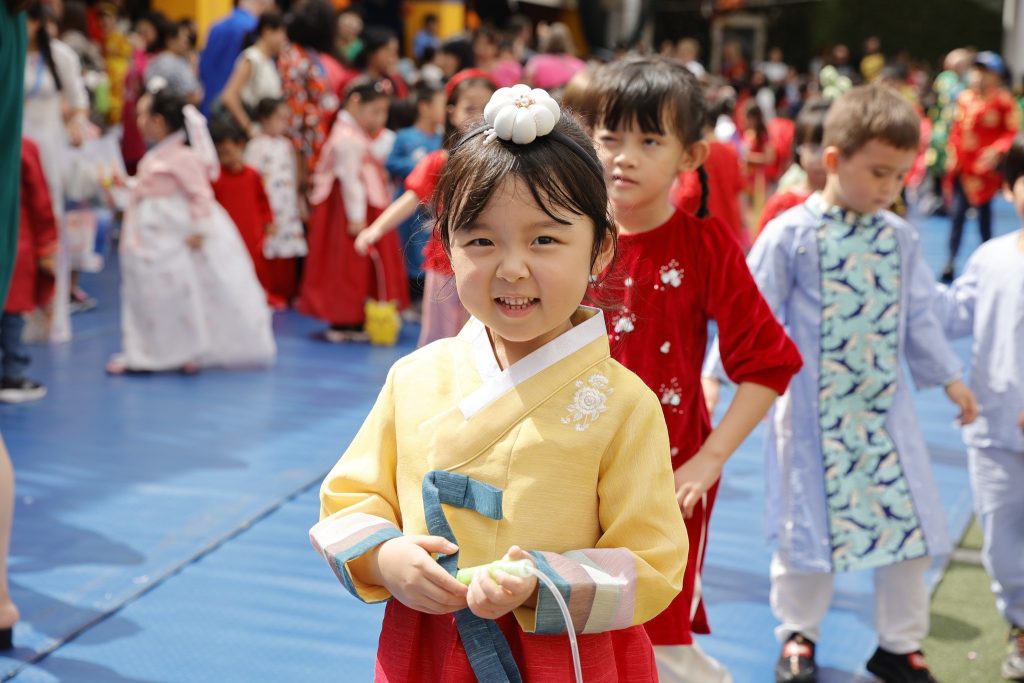
Benefits of International School for Students
What Soft Skills Will My Child Gain?
Children in international schools gain valuable soft skills, including:
- Communication Skills: More effective communication across cultures.
- Critical Thinking: Analysing and evaluating information from diverse viewpoints.
- Problem-Solving: Collaborating with peers from different contexts and experiences to solve problems.
- Adaptability: Thriving in diverse and changing environments.
Are All International Schools Private?
Most international schools are private, as they rely on tuition fees to fund their operations. However, there are some publicly funded international schools, particularly in countries with a strong commitment to international education. The prevalence of private international schools often results in smaller class sizes and more resources, which can contribute to a higher quality of education.
What is the Difference Between an “International School” and a “School with International Programmes”?
An “international school” follows an international curriculum and caters to a diverse student body. A “school with international programmes” may offer some international courses alongside its national curriculum, but it primarily follows the national education system. The key distinction lies in the core educational philosophy and the extent to which international standards and practices are integrated into the school’s overall offerings.
What is an International High School?
An international high school offers secondary education with an international curriculum, preparing students for access to universities and careers worldwide.
Is it Suitable for University Preparation?
Yes, international high schools are excellent for university preparation. Curricula like the IBDP and A Levels are highly regarded by universities worldwide. Whilst by no means the only curriculum model, universities appear to be seeking more readily students who epitomise the IB programmes, standards and philosophy.
How Does it Compare to IB or A-Level Schools?
International high schools may offer a broader range of curricula, while IB or A-Level schools focus specifically on those programmes. At Renaissance International School Saigon, we are unique in Ho Chi Minh City, and possibly unique in Vietnam, in combining both IGCSE and IBDP programmes, providing students with a comprehensive pathway to university.
This combination allows students to benefit from the breadth of IGCSE in their earlier years complementing it with the depth and rigour of the IBDP in their final years of high school. This provides them with well-rounded and highly respected qualifications for university entrance.
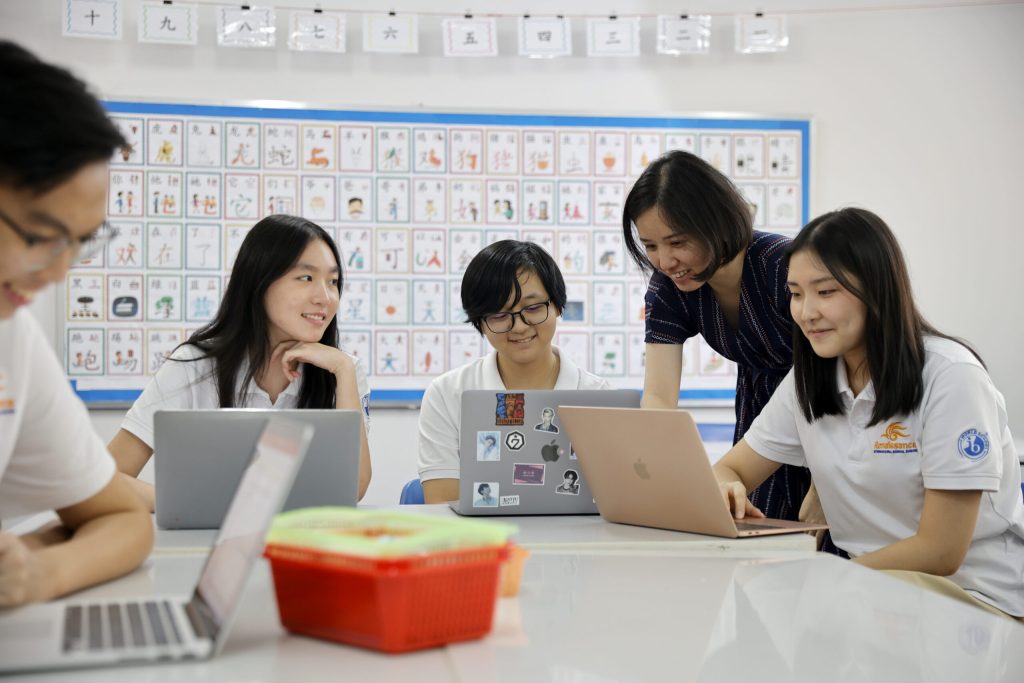
About the International High School
Why are International Schools Becoming Popular Among Vietnamese Parents?
International schools are gaining popularity among Vietnamese parents due to:
- Global Opportunities: Preparing children for international careers and higher education.
- English Proficiency: Enhancing English language skills is crucial in a globalised world. English will soon become the official 2nd language of Vietnam. Of course, English currently is the world’s most widely spoken language by native and non-native alike.
- Holistic Development: Fostering academic excellence and personal growth.
- Cultural Diversity: Promoting understanding and respect for different cultures.
Is it Only for Expats?
No, international schools are not only for expats. Many local families choose them for the quality of education and global opportunities. Vietnamese parents are increasingly recognising the value of an international education in providing their children with a competitive edge in the global job market and preparing them to be successful in an increasingly interconnected world.
How do Vietnamese Students Benefit?
Vietnamese students benefit by gaining:
- Competitive Edge: Enhanced English skills and international qualifications.
- Global Network: Building connections with students from around the world.
- Cultural Awareness: Developing a broader understanding of global issues.
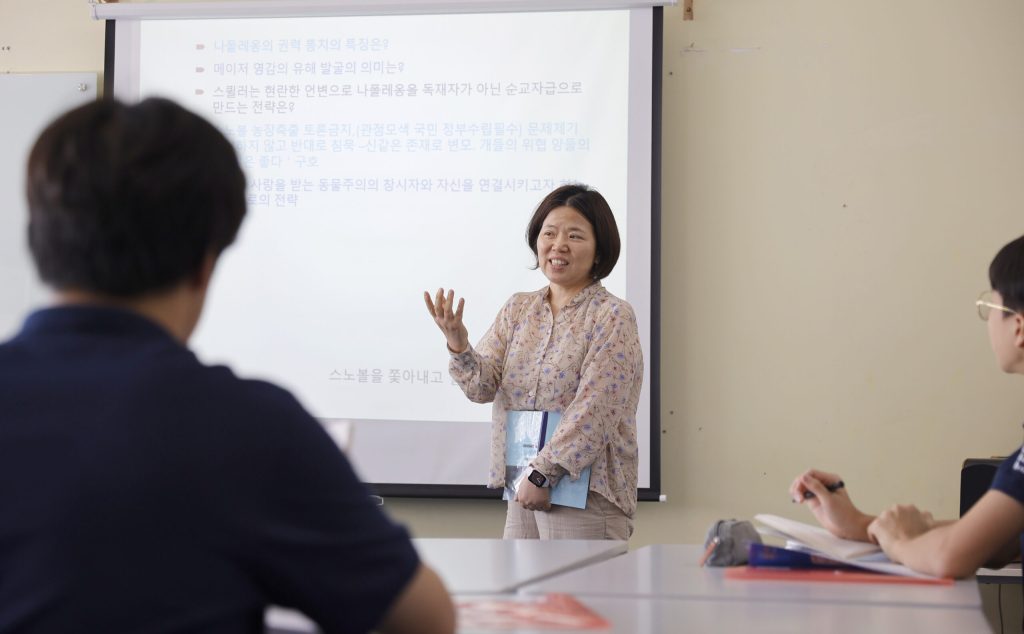
What makes International Schools popular
Will My Child Lose Vietnamese Language Skills?
No, Renaissance International School Saigon offers, as do most international schools, Vietnamese language and culture programmes. We are proud to provide students with opportunities to learn a variety of world languages, ensuring they maintain and expand their linguistic abilities. We understand the importance of preserving, and celebrating, students’ cultural identity and heritage while equipping them with the skills and knowledge necessary to thrive in a global context, recognising the richness of diversity.
How to Know if an International School is Right for Your Child?
To determine if an international school is right for your child, consider:
- Your Child’s Needs: Assess your child’s learning style and interests.
- School’s Philosophy: Ensure the school’s values align with your own.
- Academic Standards: Research the school’s curriculum and assessment methods.
- School Environment: Visit the school to observe the atmosphere and facilities.
What Should I Look for During a School Tour?
During a school tour, look for:
- Classroom Environment: Observe student engagement and teacher interaction.
- Facilities: Assess the quality of classrooms, libraries, and sports facilities.
- Student Diversity: Observe the cultural diversity of the student body.
- School Culture: Gauge the overall atmosphere and sense of community. Pay attention to the interactions between students and teachers, the level of student enthusiasm, and the overall sense of belonging and inclusion.
Questions to Ask the School’s Admissions Team?
Ask the Admissions team about:
- Curriculum Details: Inquire about the specific curriculum and assessment methods.
- Teacher Qualifications: Ask about the teachers’ experience and qualifications.
- Student Support Services: Inquire about support for students with diverse needs.
- Extracurricular Activities: Ask about the range of extracurricular activities offered. Additionally, inquire about the school’s approach to student well-being, social-emotional learning, and how they foster a positive and supportive learning environment.

How to make sure your child fits with International School
How Qualified are the Teachers in International Schools?
International schools typically employ highly qualified teachers with international experience and relevant qualifications.
Are Native English-Speaking Teachers Guaranteed?
While many international schools prioritise hiring native English-speaking teachers, qualifications and experience are also crucial. The best international schools prioritise hiring teachers who are not only fluent in English but also possess the pedagogical skills, subject matter expertise, and cultural sensitivity to effectively teach in a diverse and international classroom.
What’s the Teacher-to-Student Ratio?
A low teacher-to-student ratio ensures personalised attention. At Renaissance International School Saigon, we maintain a 9:1 teacher-to-student ratio.
What Extracurricular Activities Do International Schools Offer?
International schools offer a wide range of extracurricular activities, including sports, arts, music, drama, and community service, fostering holistic development. These activities provide students with opportunities to explore their interests, develop their talents, and build essential life skills such as teamwork, leadership, and time management.
Can My Child Transfer from a Public/Private School to an International School?
Yes, children can transfer to international schools, subject to availability and meeting entrance requirements.
Is There an Entrance Test?
Many international schools have entrance tests to assess students’ academic readiness and English proficiency. These tests are designed to ensure that students have the necessary skills and knowledge to succeed in the school’s rigorous academic program.

Bus service at Renaissance International School
How to Prepare My Child for the Transition?
Prepare your child by:
- Enhancing English Skills: Provide opportunities for English language practice.
- Familiarising with International Culture: Expose your child to different cultures through books, movies, and events.
- Visiting the School: Allow your child to experience the school environment. Talk to your child about the positive aspects of attending an international school, such as making new friends from around the world and learning about different cultures.
At Renaissance International School Saigon, we are committed to providing a nurturing and enriching international education that prepares students for success in a globalised world.

